- made by a British two-tone band the Specials
- released on 12 June 1981
- spent three weeks at number one and 10 weeks in total in the top 40 of the UK Singles Chart
- video directed by Barney Bubbles
- 3–9 April and 15–17 April 1981
All posts by Nicole M
Filters
ONLINE GAME ADVERT
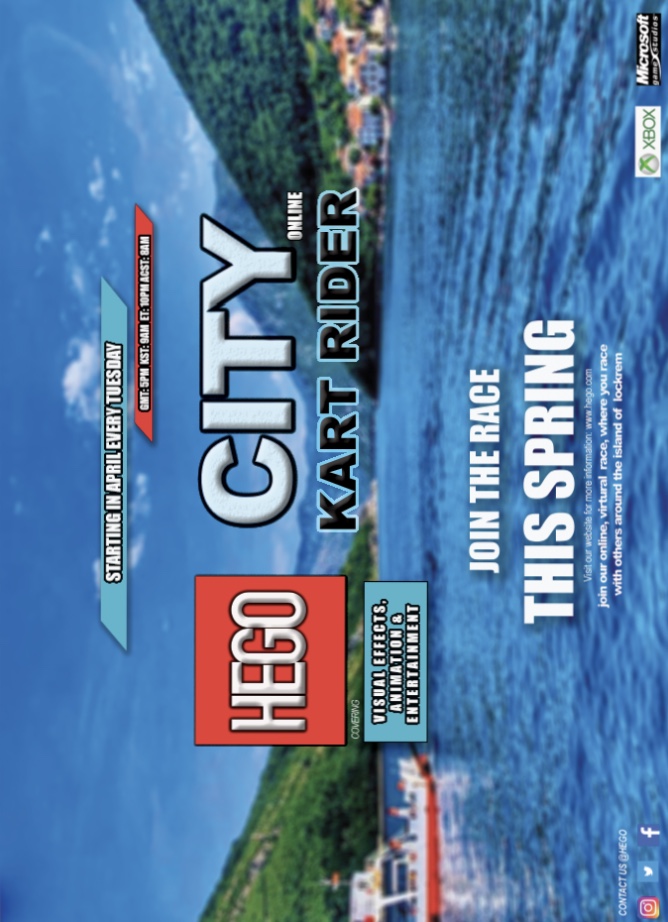
online game advert draft



GAME CONSOLE ADVERT
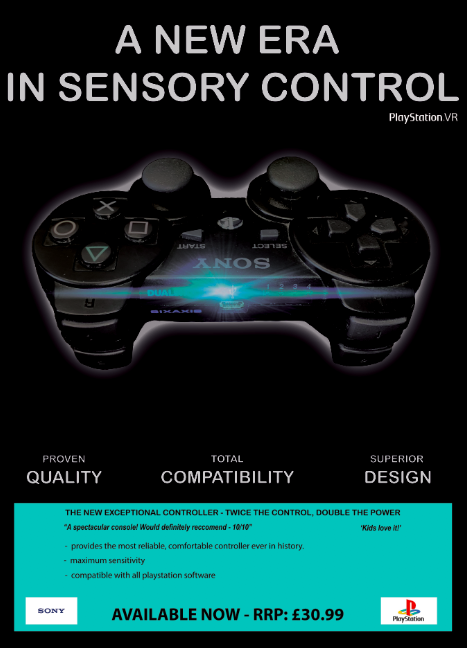
NEW GAME ADVERT
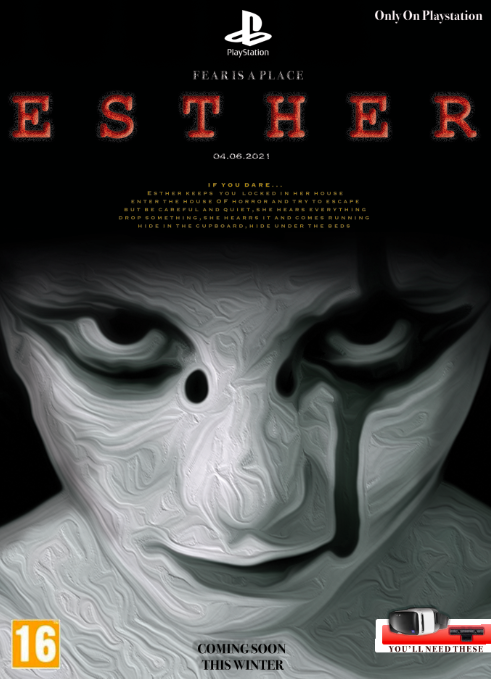
Style models
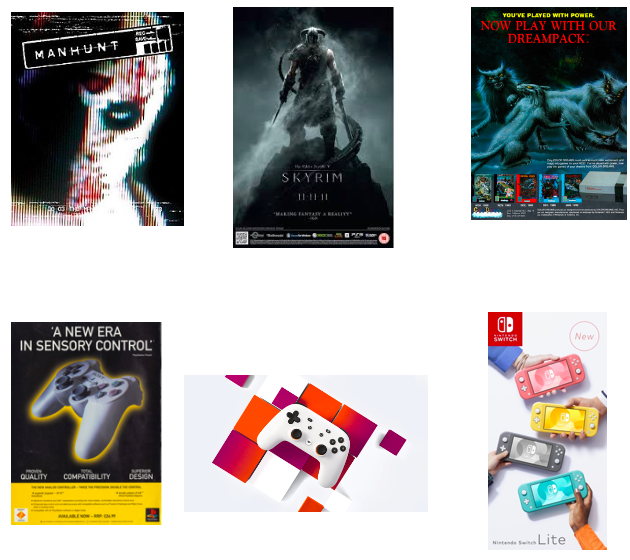
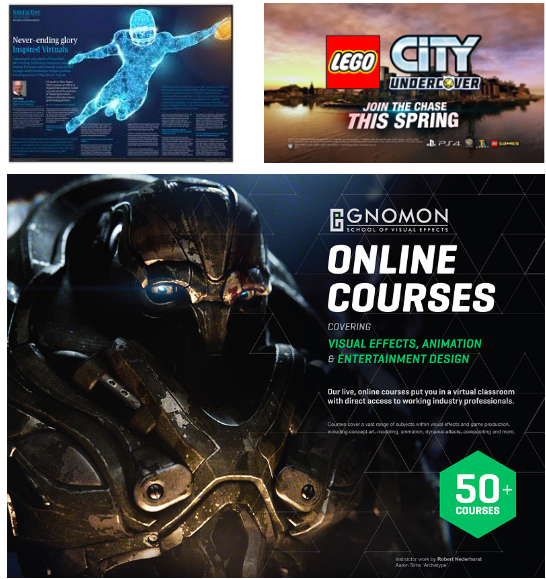
WAR OF THE WORLDS ESSAY
To what extent is The War of the Worlds a historically significant media product?
I believe that to a great extent, The War of the Worlds is a historically significant media product in many ways.
War of the Worlds is an early example of a hybrid radio form, adapting the H.G Wells story using news and documentary conventions. Also, it is known as an episode of the American radio drama anthology series The Mercury Theatre on the Air: providing a strong brand identity.
The broadcast and the initial response believed that this was an early example of a documented mass media, having a direct effect on the audience’s behavior. It became famous for causing lots of panic from the audience and the immediate aftermath was chaotic. It was said that the studio was invaded by policemen and in some places, mobs were in the streets. Plus, there were many calls reporting deaths. Additionally, a study by the Radio Project discovered that fewer than one-third of frightened listeners thought the invaders were aliens. However, most people thought they were listening to reports of a German invasion or a natural catastrophe.
The radio broadcast was aired over the Columbia Broadcasting System radio network, showing the power of networking, and within three weeks, newspapers had published at least 12,500 articles about the broadcast and its impact. Furthermore, Adolf Hitler referenced the broadcast in a speech in Munich on November 8, 1938. This would have brought even more attention, making it more of a historically significant event.
The more attention the situation gets, the more history it has. So, therefore, I believe that The War of the Worlds had a big impact historically, as it had a large impact on the society, with different reactions through Stuart Hall’s theory of preferred reading. If people viewed a situation with the same consistent dominant reading, War of the World’s most likely wouldn’t have been significantly historical as it is today. Through people having different readings, such as negotiated, dominant and oppositional, the more room for further reactions/opinions. Therefore, the War of the Worlds was a great impact, as it had numerous different reactions, causing a big impact, and therefore creating a significant historical event.
war of the worlds csp 9
andrew cresell wrote book “understanding radio”
says that radio is a blind medium = you cant see it ( you have images and p;pictures in your head)
aliens represent something
fake news is nothing new
“hard times are a breeding ground for misinformation”
- American science fiction disaster film directed by Steven Spielberg and written by Josh Friedman and David Koepp
- produced by Paramount Pictures and Dream Works Pictures.
- won Academy Awards nominations for Best Visual Effects, Best Sound Mixing, and Best Sound Editing.
- described as an anti-war film (civilians run and only try to save themselves and their family instead of fighting back against the alien Tripods)
- Debra Saundras (an american journalist) compared the film to independence day
- released in american Ziegfeld Theatre on June 23, 2005
- Director: Steven Spielberg
Budget: 132 million USD
Box office: 603.9 million USD
- example of hybrid radio film
- CBS broadcast
- was a Halloween special – broadcast in Halloween – was it a foax? was it deliberate
- suspending disbelief – people were distressed – are aliens real?
- interesting as its a layer over fake new over fake news
- they want you to believe it was real
- Stanley Cohen wrote a book “folk devils and moral panic” – every time something bad happens, blame the media. The media causes bad things
Semiotics
semiotics
- sign –
- code –
- convention –
- dominant signifier – main sign/image
- anchorage – piece of media uses another piece of media to reduce the amount of connotations
- Ideology – system of ideas and ideals
- radical – affecting the fundamental nature of something
- reactionary – opposing political/social progress/reform
- paradigm – distinct set of concepts or thought patterns
- syntagm – the relationship between any two syntagms
Ferdinand de Saussure
- signifier – associated with or image of something
- signified – idea or concept of the thing
C S Pierce
- iconic sign – looks like object eg, props
- indexical sign – links to object eg, sound
- symbolic sign – has an arbitrary/random link to object
Roland Barthes
- signification – representation/conveying of meaning.
- denotation – literal or primary meaning of a word
- connotation – idea or feeling which a word invokes
- myth – false belief or idea
The i
history – British national morning paperpublished by the daily mail and general trust (bought for £49.6m from JPI Media )
targeted at readers and lapsed readers off all ages ( mainly over 50)
Format – broadsheet-quality newspaper printed in a tabloid format
Editors – Oliver Duff
Political stance – Liberalism, slightly left
Target Audience –
Cost – 60p – 80p
Circulation – 265,949
Profit – owner, Johnston Press announced that their monthly profit is around £1 billion
